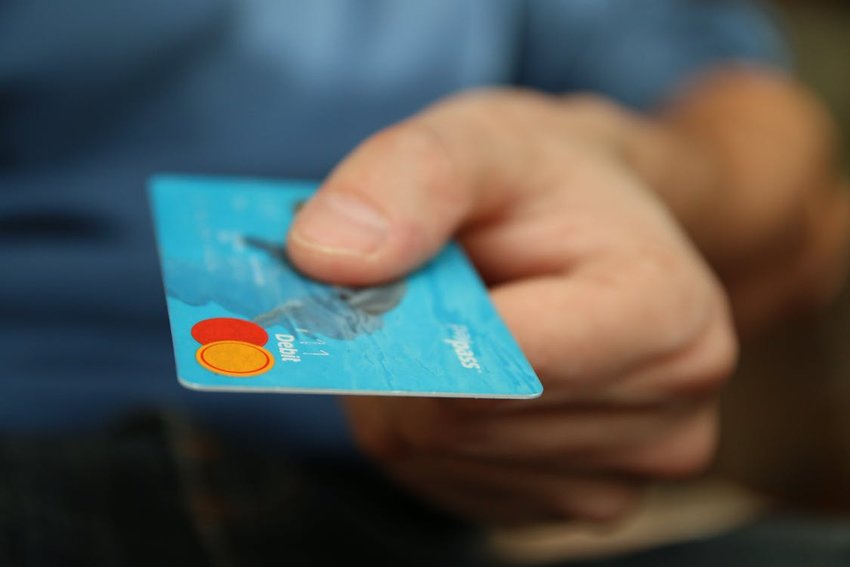By Allen Brown
Your credit score represents your financial history, status, and eligibility to take a loan. It is a number between 300 and 850 and is categorized as Poor, Fair, Good, Very Good, and Excellent, with Excellent being the best score among all applicants.
Basically, your credit score represents your payment history and financial status. It helps lenders determine whether you are eligible to pay back a loan or not. Here is everything you need to know about credit score and how it works.
Which Factors Impact Credit Scores?
Among several factors that determine and impact credit scores, three of them stand out and are of the utmost importance.
The Amount You Owe
If you have taken a loan and are still in debt, the amount you owe will be taken into consideration. Other inclusive indicators are the type of loan you have taken [for example a Wonga loan], the total amount you owe, its breakdown, your debit and credit profile, and your existing burden. To further understand your capacity to pay back the amount you owe, the types of loans taken are broken down to determine creditworthiness. Note that the amount you owe is not the only indicator to calculate your credit score. For instance, you may owe a lot of money in debt due to a recent loan you just took out; however, you may still have a clear payment history, which means that you are financially sound and can easily pay off your debt and are capable of getting another loan in the near future.
Your Payment History
A person’s payment history is a crucial factor to determine whether they are eligible for further loan assistance or not. The way a person handles payments, what their credit card history is like, and their behavior with debt are all noted. Basically, it is like a track record of your financial portfolio. If you have failed to pay your mortgage on time, you may be penalized with extra interest or an additional installment, which is recorded in your payment history. Such yellow flags can massively deteriorate your credit score and pull it down. Moreover, it clearly declares that the person has and may have trouble in paying back their debt.
Types of Credit
The types and number of accounts or credit you have will also be considered when calculating your score. If your lines of credit keep revolving and the relevant installments are paid on time, you can still retain your credit score. Student loans, mortgages, car loans, and credit cards are a mix of credit lines or accounts. This also shows that you are capable of handling and paying back debt related to a mix of different accounts. Even though having a healthy mix of credit lines and accounts is more considerable than having fewer or no accounts at all, you should not take out loans if they are not really necessary.
How to Improve Your Credit Score
If your credit score is low, consider these options to improve it and polish your financial portfolio.
Pay Off Debt as Soon as Possible
Since one of the main reasons for having a low credit score can be attributed to your pending debt, the simplest way to improve your credit score is by paying off your debt at the earliest possible time. Your credit card balance is divided by your credit limit, which gives your credit utilization ratio. Abide by this percentage and keep your balances low.
Review Your Credit Report
At times, errors in credit reports can pull down your credit score. Check your credit reports and make sure that every account and record listed on them are accurate. As soon as you see an error, get it corrected as it can massively affect your credit score. Take your dispute to the responsible credit reporting bureau.
Even if the credit score is settled, keep a regular check on your records. At the same time, learn more about rebuilding your credit and history. This can be done by repaying your debt and rechecking your payment history. Once you learn how to build credit history, give it some time as it is not an easy fix. In extreme cases, it can take up to six or seven years to rebuild your credit score.
Do Not Open New Accounts Unnecessarily

Contrary to popular belief, opening a new account does not necessarily improve credit scores. In fact, you may get into a deeper debt hole that can affect your credit score. To avoid this, avoid opening new accounts unless it is necessary.
With an improved credit score, you can increase your chance of getting a loan at a lower interest rate. Instead of going through the hassle of checking papers and digging deeper into your payment history, a mere look at your credit score can help the lenders and financial institutions arrive at a decision. So, understand your credit history and take the necessary steps to improve your score.